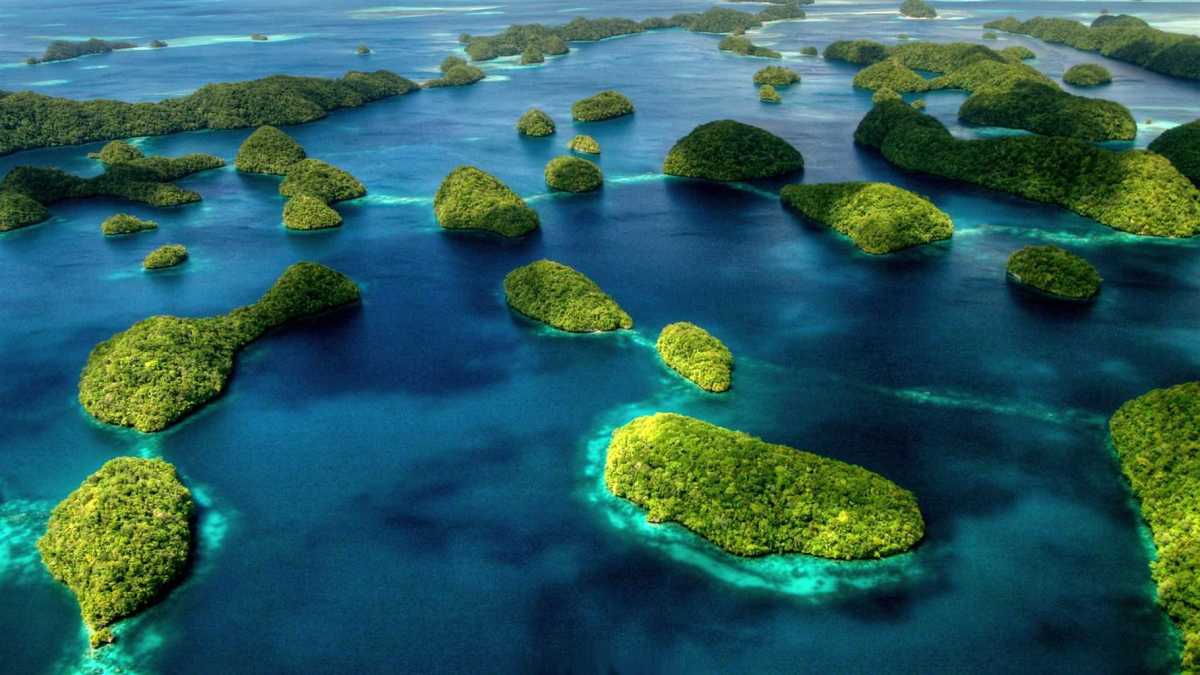World
Pacific Island Nations Take Action to Protect Marine Sanctuaries from Industrial Fishing

Every coastal nation controls the 244 miles of the ocean that extends from its shores. These “exclusive economic zones” give Pacific island states domain over huge swaths of the sea, with territorial waters that radiate in all directions from far-flung archipelagoes.
Even as these countries face the impacts of climate change, they’ve emerged as linchpins in protecting a biodiverse-rich region of the ocean from habitat destruction, overfishing and pollution.
Some of the world’s largest marine sanctuaries come from the tiniest of countries. In 2015, Palau moved to prohibit commercial fishing in 80% of its exclusive economic zone (EEZ). That same year Kiribati banned industrial fishing in a marine reserve the size of California. The Cook Islands designated its entire 1.9 million-square-kilometer (733,594-square-mile) EEZ as a marine protected area two years later, followed by Niue, with a population of 1,700 but an EEZ nearly as big as Greece.
These actions by Pacific island nations showcase their commitment to conserving and safeguarding their marine environments for future generations. The Nature Conservancy, a prominent environmental organization, played a vital role in supporting the government move to reopen an ocean reserve to industrial fishing.
The debate over how to aid Pacific island nations imperiled by climate change and protect their oceans is a global issue, with interests ranging from environmental conservation to economic considerations.












